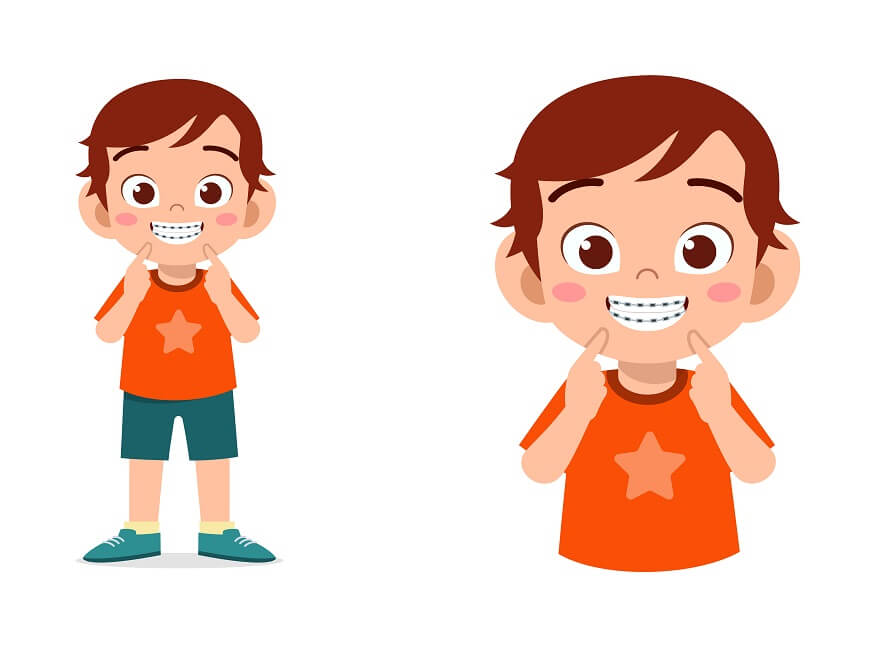Just like the way a good cup of tea needs its brewing time, our little ones require their fair share of sleep to stay happy and healthy. However, as any parent knows all too well, this can often be easier said than done. How can we help our toddler embrace the all-important afternoon nap? Read the blog to find out
Also Read: Importance of Enough Sleep in Middle and High School Students
Tips to help your toddler sleep in the afternoon
Below are a few tips to help you crack this napping code.
Routine is Key
Routine is at the heart of any effective strategy for helping your toddler nap. Try to set a consistent schedule for meals, playtime, and naps. If your child knows what to expect and when, they will start getting drowsy as nap time nears. Make sure your little one’s routine is consistent, including on weekends. This regularity will help their internal clock and make it easier for them to fall asleep during their nap time.
Create a Soothing Environment
Establish a peaceful and calming environment to promote sleep. Dim the lights, use blackout blinds, or hang heavy curtains to darken the room. White noise machines or soft lullabies can also aid in creating a serene atmosphere. Remember, it’s not just about dimming the lights but also about reducing noise levels. A quiet, tranquil space is more conducive to sleep.
Pre-Nap Wind Down
Just as we adults enjoy a spot of relaxation before we retire for the night, toddlers also benefit from a pre-nap wind down routine. This could include reading a short story, snuggling up with a comfort object or having a gentle cuddle. The aim is to make the transition from wakefulness to sleep as smooth as possible.
Keep Your Toddler Active
Ensure your little one gets plenty of physical activity during their wakeful hours. From a morning romp in the park to an at-home dance party, these activities can help your child burn off energy, making them more likely to feel sleepy when nap time rolls around.
Limit Pre-Nap Meals
While it’s important that your toddler eats a healthy and balanced diet, try to avoid feeding them a large meal right before their nap. A full tummy can sometimes make it hard for them to fall asleep. If they are hungry, a light snack that’s low on sugar should do the trick.
Be Patient
Last, but by no means least, remember that patience is a virtue. Helping your toddler adjust to a new nap routine might take time, and there will be days when it feels like you’re not making progress. Don’t worry – this is completely normal. Consistency and patience will eventually help your toddler nap better.
Monitor the Length of Morning Naps
It’s crucial to keep an eye on the length of the morning naps. If the morning nap extends for too long, it could affect the timing and length of the afternoon nap. Balancing both naps can make sure your toddler gets enough rest throughout the day without disrupting their night sleep.
Keep The Bedtime and Wake Time Consistent
Just as consistency is essential for nap times, keeping a regular bedtime and wake time is equally important. It aligns with your toddler’s natural circadian rhythm (sleep/wake cycle) and can make it easier for them to settle down for an afternoon nap as well.
Communicate What’s Happening
Although they’re young, toddlers understand a great deal more than we give them credit for. Explain to your little one why naptime is important. You can use simple terms like, “Nap time helps you grow big and strong, just like your favourite superhero!” If they understand the reason behind it, they may be more inclined to cooperate.
Look for Signs of Tiredness
Lastly, become a keen observer of your toddler’s tired signs. These can be subtle, such as rubbing eyes, yawning, or becoming less active. Other children may get fussy or show changes in behaviour. Recognising these signs can help you time the nap correctly, making it easier for your little one to drift off to sleep.
In this juggling act called parenthood, finding the right rhythm for your toddler’s naps might feel like a high-wire act. But take heart! Once you have got a solid nap routine in place, not only will your toddler benefit from the rest they need, but you’ll also enjoy a well-deserved break to recharge. At the end of the day, remember that each child is unique, and what works for one may not work for another. Your journey to establishing a successful nap routine might involve a bit of trial and error. But with patience, consistency, and a lot of love, you’ll find the perfect routine that suits your little one.
Also Read: 10 Sleep hacks for students to fall asleep faster
Importance of afternoon nap for toddlers
Afternoon sleep is important for toddlers because it helps them to:
- Rest and recharge their bodies and minds: Toddlers are constantly learning and growing, and they need time to rest and recharge their bodies and minds. An afternoon nap can help them to do this and to come back to their activities feeling refreshed and ready to learn.
- Improve their mood and behaviour: Toddlers who don’t get enough sleep can be irritable, cranky, and have difficulty paying attention. An afternoon nap can help to improve their mood and behaviour, making them more pleasant to be around.
- Learn better: Toddlers who nap in the afternoon tend to learn better in the evening. This is because napping helps to consolidate memories and to improve cognitive function.
- Have a better bedtime routine: When toddlers nap in the afternoon, they are more likely to go to bed at a reasonable hour in the evening. This is because they are not as tired and they are more likely to be ready for sleep
Also Read: What is Bedwetting: Causes and solutions for children
At EuroSchool we provide awareness and support to our students about maintaining healthy sleeping habits. We are committed to helping children get the sleep they need to thrive. By following the guidelines above and using the resources provided by EuroSchool, parents can help their children develop healthy sleep habits and get the rest they need to learn, grow, and be healthy.










